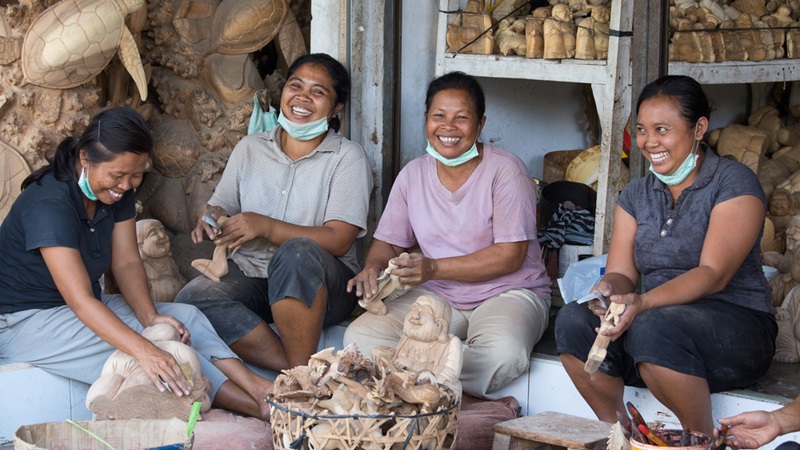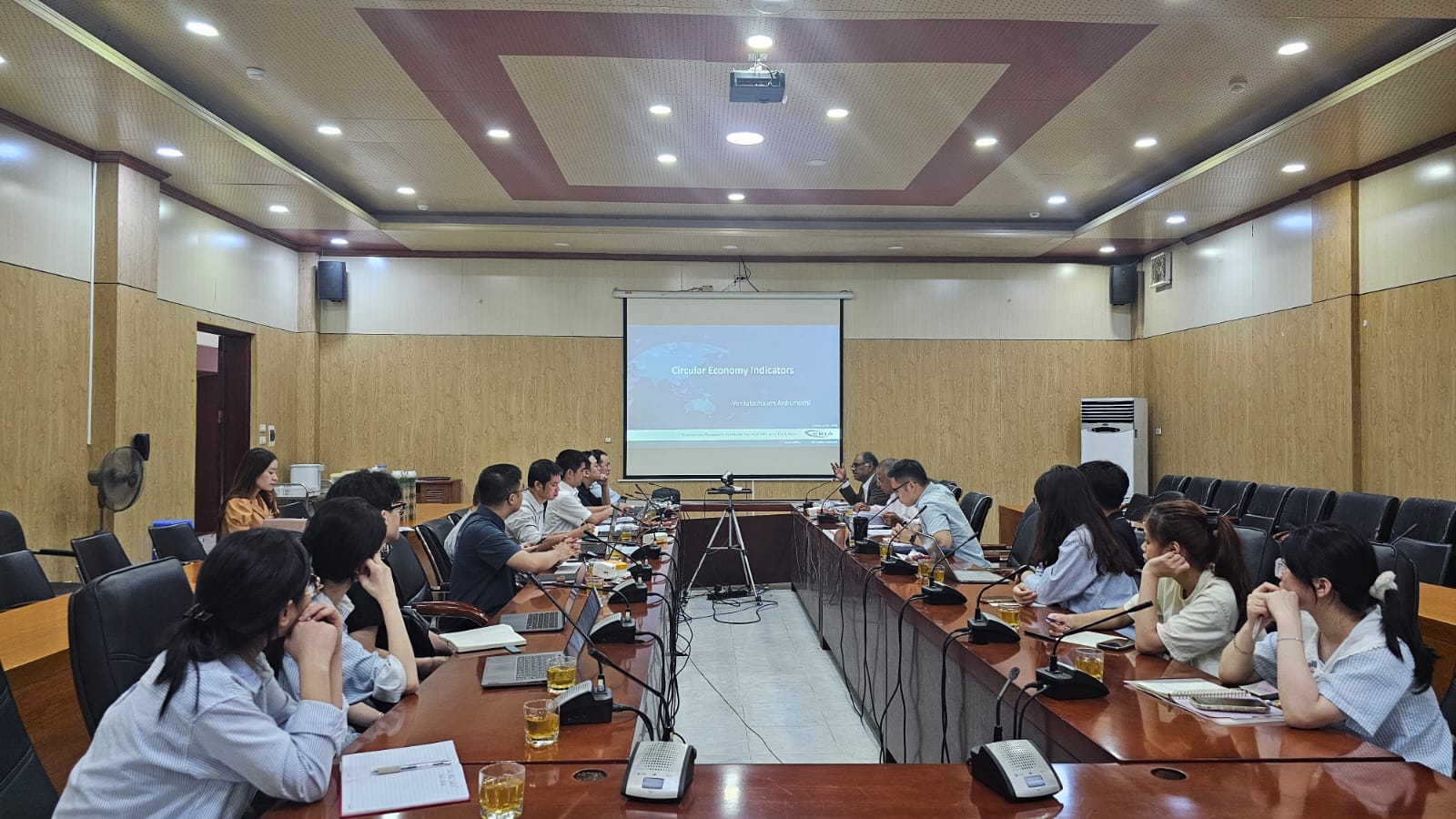Governments in ASEAN Should Invest in SMEs' Internal Capacity
Date:
1 September 2017Category:
SIIA InsightsShare Article:
Print Article:
Small- and medium-sized enterprises (SMEs) form the backbone of key South East Asian economies, accounting for the majority of total employment and an integral source of economic growth.
As the ASEAN Economic Community (AEC) gains momentum, the harmonisation of rules and procedures can help SMEs conduct and grow their business across borders more effectively, fostering stronger economic growth.
SMEs stand to gain significantly from economic integration but there is a risk that SMEs which are unable to compete effectively will get squeezed out of the industry. Amid the global economic slowdown and inward looking sentiments in the West, it has become increasingly important to ensure that SMEs are provided with sufficient capital and infrastructure aimed at integrating them into the value and supply chains of larger companies.
However, gaining access to global value chains is not easy. SMEs which are unable to compete face a variety of challenges. Although the majority of literature suggests that access to information and finance are key obstacles, a study conducted by the Economic Research Institute for ASEAN and East Asia (ERIA) suggests that the ability to innovate and remain competitive is the top challenge faced by SMEs in the region.
The ability to innovate enables SMEs to remain competitive and participate in global production networks. For instance, innovation through technological advancements may result in efficiency gains and a marked comparative advantage at certain stages in the production chain. This allows SMEs to successfully compete by staying ahead of the curve. However, some SMEs are unable to adopt innovative practices due to a lack of economies of scale, low workforce productivity and shortage in human resources. The ERIA study revealed that overcoming such internal constraints require a targeted government support.
The study reveals that SMEs have been unsuccessful in translating government subsidies into research and innovative practices. Monetary assistance alone is not sufficient in making SMEs competitive. Instead, government measures should aim to promote business linkages and networking opportunities whilst supporting measures in technological development. Additionally, for SMEs to move up the value chain, governments should invest in skills upgrading, human capital development, and supporting measures for internationalisation of SMEs through improvements in information and communications technology (ICT) infrastructure, including the protection of intellectual property rights (IPR).
Positive examples of such can already be seen in some key ASEAN economies. In Philippines, the Department of Trade and Industry (DTI) has set up the QBO Innovation Hub to support small businesses. Pronounced as “kubo” referring to traditional Filipino homes and community spaces, QBO was designed for Public-Private Partnerships (PPP) in the Philippine innovation ecosystem. In Singapore, SMEs can access a range of resources and guides titled “Toolkits for Success” through SPRING Singapore, which teaches small businesses how to navigate the complexities of marketing, financial management and other skills aimed at increasing productivity and encouraging innovation.
SMEs are of great importance to the economic vitality of ASEAN, and a multi-stakeholder approach that includes large corporations and key government agencies should be adopted to promote SME growth across the region. In this regard, the government’s role is especially critical. To help SMEs become more innovative and compete in an integrated market, governments should focus on investing in their internal capacity, rather than assisting SMEs directly though financial contributions.
Sources
Oum, S., Narjoko, D., & Harvie, C. (2014) Constraints, Determinants of SME Innovation, and the Role of Government Support, ERIA Discussion Paper Series, Available Online: http://www.eria.org/ERIA-DP-2014-10.pdf (Accessed 30 January 2017)
Noda., T (2016) Philippines' trade department, IdeaSpace launch new startup innovation hub, Deal Street Asia, 9 August 2016, Available Online: http://www.dealstreetasia.com/stories/philippines-trade-department-ideaspacelaunch-new-startup-innovation-hub-50070/ (Accessed 30 January 2017)
Spring Singapore (2015), Toolkits for Success, Available Online: https://www.spring.gov.sg/Growing-Business/Toolkit/Pages/toolkit-overview.aspx (Accessed 30 January 2017)
 | SIIA Insight is written by Singapore Institute of International Affairs, a member of ERIA's Research Institutes Network. The Insight contain key policy recommendations based on ERIA's publications. |








